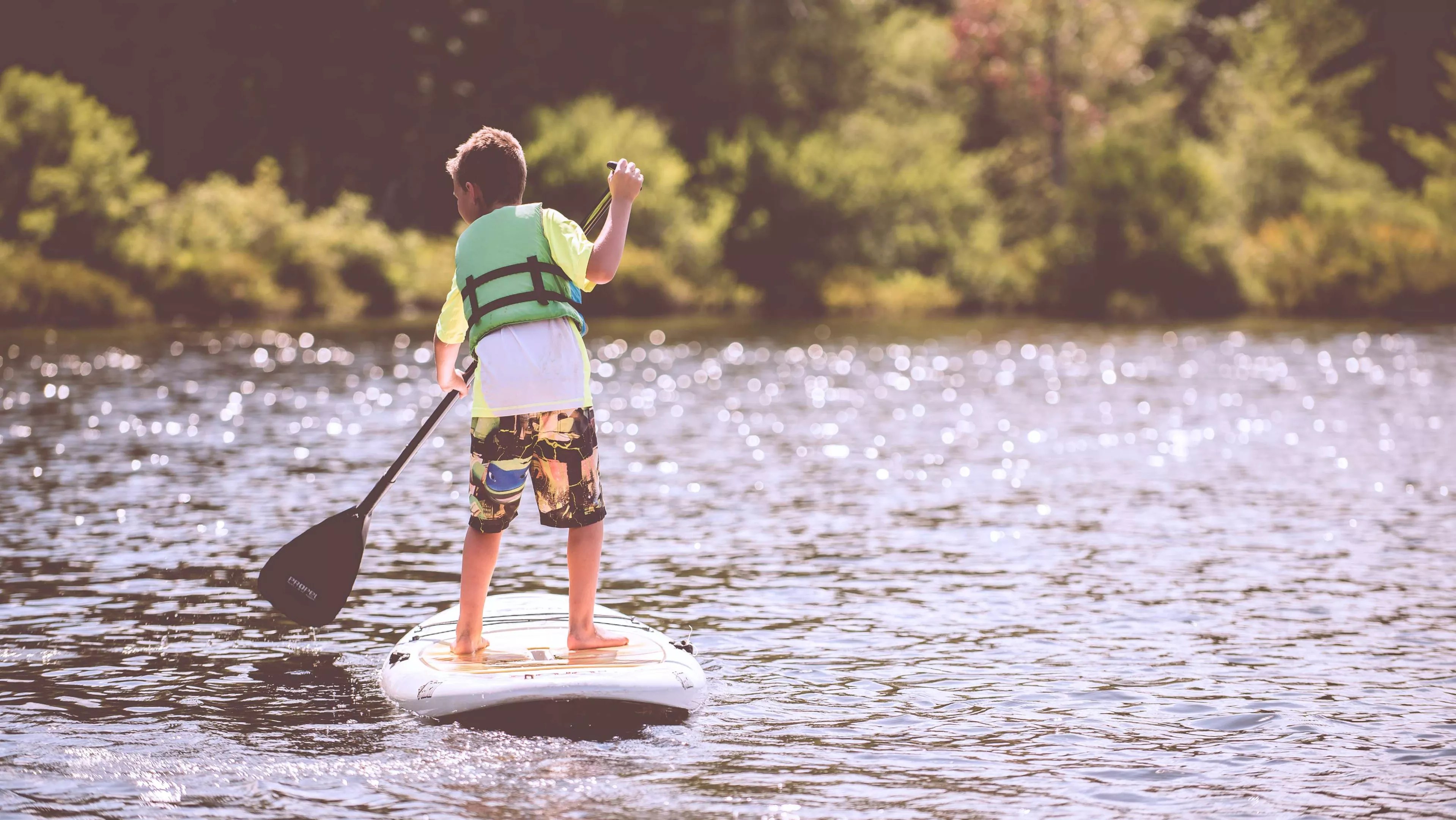
Audio By Carbonatix
At a June 15 press conference updating Colorado’s COVID-19 response, Governor Jared Polis announced draft guidelines for the proposed reopening of bars, theaters and other venues under new rules as part of the upcoming Protect Our Neighbors program expected to go into effect in late June or early July. In addition, Polis revealed revised regulations for residential camps – ones that include overnight stays. And the changes likely to be put in place are profound.
For instance, the guidelines suggest that campers sleep head to toe, so there will be at least six feet between attendees’s faces.
A draft of the proposed regulations is available for public comment through 5 p.m. today, June 17, at the Colorado Safer at Home website. Polis promises that officials will take these opinions into account prior to releasing the final rules, likely by week’s end, though they’re not expected to go into effect until around the first of next month.
Here’s our breakdown of the major changes:
The draft rules tell operators of residential camps to establish a plan setting residential and capacity limits that comply with six-foot physical-distancing rules for all activities, including transportation, eating, sleeping and assorted recreational opportunities. Likewise, they should ensure that the number of campers involved in group activities is limited to a maximum of 25 outdoors and ten indoors in most cases. Indoor spaces should allow for six feet per camper, which translates to 36 square feet each.
These collectives “must not mix with other groups during any part of the day for the duration of camp,” the proposed language states. That goes for drop-off and pick-up, too. And substitute staff and volunteers must be at the ready if any employee becomes sick and has to self-quarantine. There should also be protocols for responding or reporting about suspected or confirmed infections. Parents need to receive written notification “of their responsibility to follow the advice of the local public agency if their child needs to leave camp for a COVID-19 related illness,” and they should be informed if the facility is “accepting campers from various geographic regions.”
Spaces have to be set aside to isolate staffers and campers who become ill, the draft states, and staffers who care for them should be supplied with personal protective equipment and instructions on how to use it properly. Another suggestion: increase the number of health-care workers and perhaps hire a registered nurse, licensed physician assistant or doctor to stay on site. Non-medical staffers should be trained on current health orders and informed about transmission prevention, and they must wear masks and maintain six feet of physical distancing when possible. Hand-washing and sanitization opportunities should be made available, and updated agreements with local hospitals regarding their ability to accommodate additional patients are considered key.
Employees at residential camps must adhere to isolation and quarantine requirements if they become symptomatic, and those who are considered to be at higher risk for COVID-19 should get written approval from a physician before being permitted to work at a given facility. Physical distancing, hand-washing upon arrival, before eating and at regular intervals, and the use of facial coverings are required, and organizers need to “consider alternating sleeping arrangements head to toe so that there is at least six feet between each sleeping person’s head.”
Campers should be screened for symptoms and possible exposure at drop-off, pick-up and at daily intervals to make sure they’re symptom-free; a pre-camp form to monitor temperatures and health for seven to fourteen days prior to arrival is advised. Operators are told to stay in close communication with families about health protocols and require hand-washing after using the restroom and before and after meals. Staffers and campers alike should be encouraged not to place toothbrushes or other toiletries directly on counter surfaces.
Additional recommendations include a fourteen-day quarantine time after returning home if a camper has had any exposure to someone with suspected or confirmed COVID-19.
While camp is in session, groups should usually be capped at 25 campers, but outdoor gatherings of up to fifty can be allowed for “limited non-physical” activities if physical distancing is possible. Mixing and mingling with other groups is verboten, and exposure to the general public should be restricted to the degree possible. Family and buffet-style food service such as salad bars are out, as are other configurations that would necessitate shared utensils.
Meal times should be staggered, with fifty diners allowed at a time if they stick to their pre-established groups. Safety signage and the cleaning of commonly touched surfaces are stressed, and “non-essential visitors should not be allowed to visit camp/programs.” And, as with indoor and outdoor venues, residential camps must notify and cooperate with local public health officials if any camper, staffer or volunteer is thought to have come down with the novel coronavirus.
